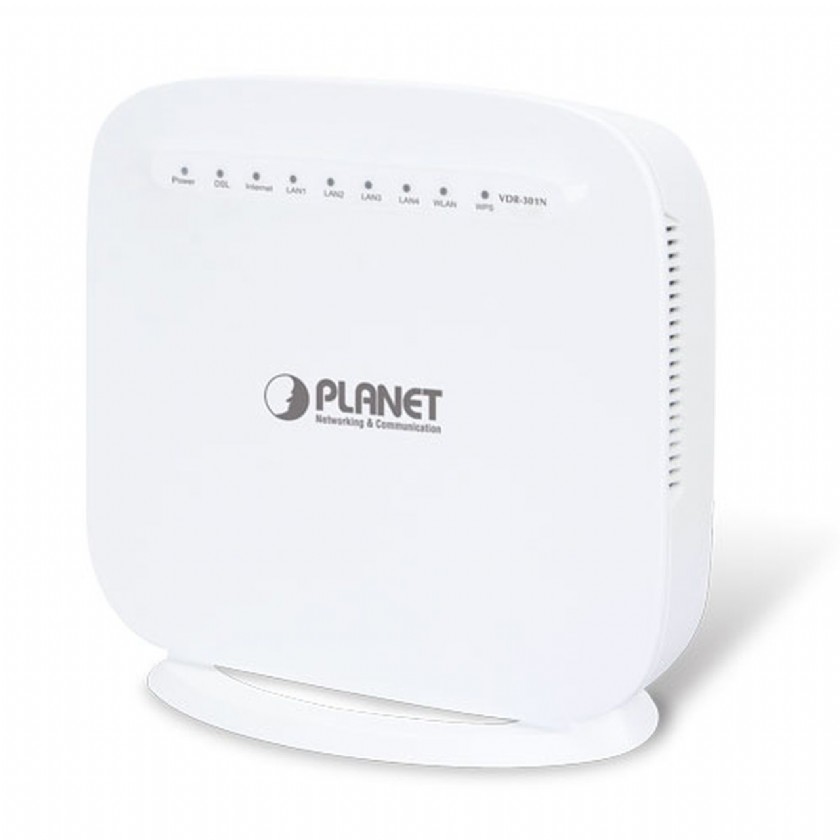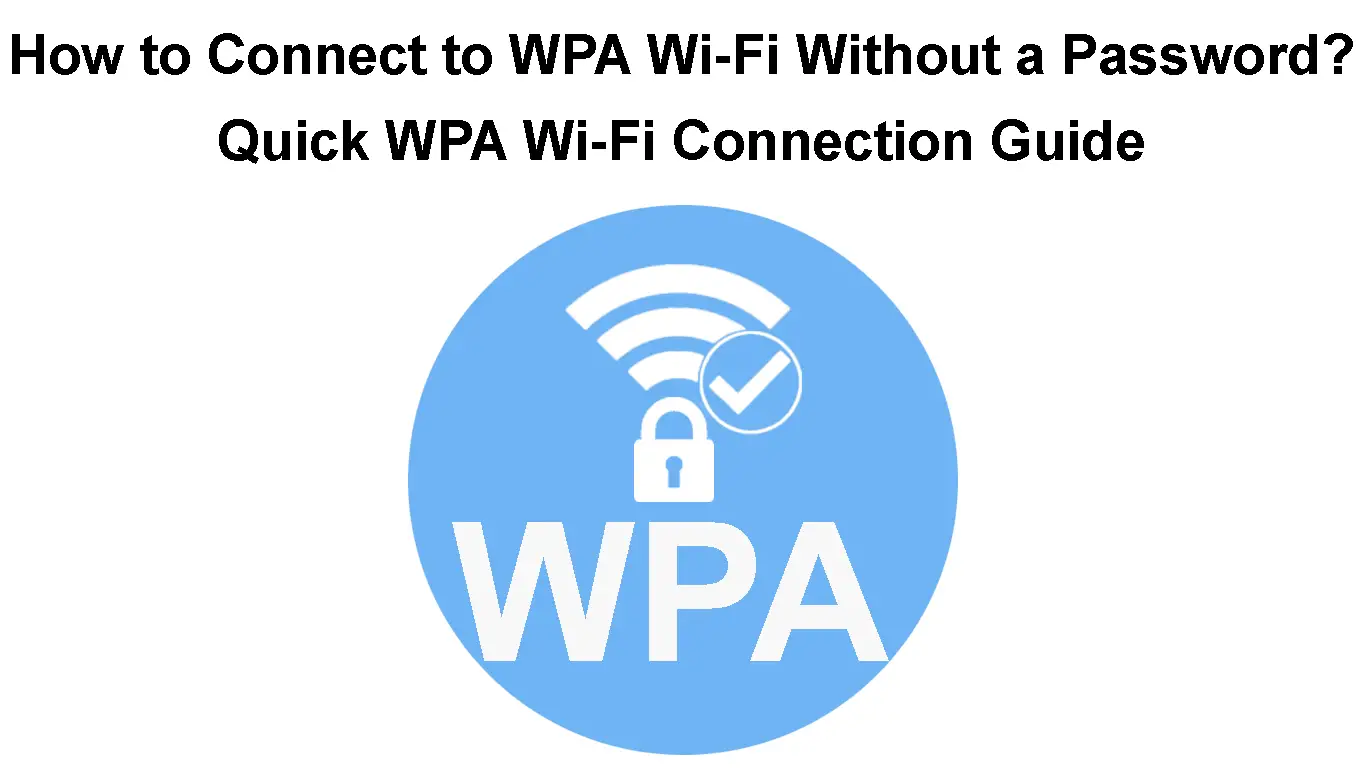Find WPA Passphrase Without Router on Acer Chromebook: A seemingly simple task, but one fraught with ethical and security complexities. This guide delves into the world of wireless network security, exploring the vulnerabilities and limitations associated with attempting to access a protected network without proper authorization.
We’ll unravel the intricate workings of WPA passphrases, delve into the security measures that safeguard these networks, and examine the legal and ethical implications of bypassing them.
Understanding the intricacies of WPA security protocols is crucial. While the allure of uncovering a forgotten password might be tempting, the risks associated with such actions are significant. This guide sheds light on the challenges involved in bypassing WPA security, emphasizing the importance of ethical hacking and penetration testing as legitimate tools for identifying vulnerabilities and improving network security.
Secure Network Practices

In today’s digital landscape, securing your wireless network is paramount. A compromised network can expose your personal information, sensitive data, and devices to various threats. Implementing robust security measures is essential to safeguard your digital life.
Strong Passphrases, Find wpa passphrase without router on acer chromebook
Using strong passphrases is the cornerstone of wireless network security. A strong passphrase is a combination of uppercase and lowercase letters, numbers, and symbols, making it difficult for unauthorized individuals to guess or crack.
A strong passphrase should be at least 12 characters long and include a mix of uppercase and lowercase letters, numbers, and symbols.
WPA2/WPA3 Encryption
WPA2/WPA3 encryption protocols are designed to secure wireless network communication by encrypting data transmitted between your devices and the router. WPA3 is the latest and most secure protocol, offering enhanced protection against modern attacks.
Cracking a WPA passphrase without the router itself can be a tricky task, even on a powerful Acer Chromebook. Imagine, for a moment, that you’re trying to decipher the intricate wiring of a car’s entertainment system, like the Chrysler Town and Country Uconnect 430N RHB wiring diagram.
It’s a complex web of connections, and just like that diagram, finding the right path to unlock the network’s secrets requires a deep understanding of its inner workings. Back to the Chromebook, you’ll need specialized tools and techniques to access the network’s encryption keys, but remember, ethical hacking is key!
Enable WPA2/WPA3 encryption on your router to ensure your network is protected from unauthorized access.
Regular Firmware Updates
Router manufacturers regularly release firmware updates to address security vulnerabilities and improve performance. Keeping your router’s firmware up to date is crucial for maintaining a secure network.
Check your router’s manufacturer website for the latest firmware updates and install them promptly.
Password Managers
Password managers are valuable tools for storing and managing complex passphrases. They generate strong, unique passphrases for each of your online accounts and securely store them in an encrypted vault.
Using a password manager helps you create and manage strong passphrases without having to remember them all.
Robust Firewall
A firewall acts as a barrier between your network and the outside world, blocking unauthorized access and preventing malicious traffic from entering your network. A robust firewall is essential for protecting your devices and data.
Enable the built-in firewall on your router and consider using a third-party firewall software for enhanced protection.
Network Intrusion Detection Systems
Network intrusion detection systems (NIDS) monitor network traffic for suspicious activity and alert you to potential threats. They can help detect and prevent attacks before they cause significant damage.
Consider implementing a NIDS on your network for an additional layer of security.
Alternative Methods for Network Access: Find Wpa Passphrase Without Router On Acer Chromebook

When attempting to access a wireless network without the passphrase, it’s important to explore alternative methods that comply with ethical and legal considerations. These methods offer various levels of convenience and security, each with its own set of advantages and disadvantages.
Asking the Network Owner
This method involves directly contacting the network owner and requesting the passphrase. It’s the simplest and most straightforward approach, particularly for networks within a home or workplace.
Advantages
- Direct and immediate access to the network.
- No need for technical expertise or additional tools.
Disadvantages
- May not be possible if the network owner is unavailable or unwilling to provide the passphrase.
- Relies on the network owner’s trust and cooperation.
Using a VPN
A Virtual Private Network (VPN) encrypts your internet traffic and routes it through a secure server, effectively masking your IP address and location. This can be a valuable tool for accessing a wireless network without the passphrase, especially in public settings.
Advantages
- Provides enhanced privacy and security by encrypting your internet traffic.
- Can bypass restrictions or censorship imposed by certain networks.
- Allows access to geographically restricted content.
Disadvantages
- Requires a VPN subscription, which can incur monthly fees.
- May introduce latency and slow down internet speeds.
- VPN providers may keep logs of your online activity, raising privacy concerns.
Using a Network Scanner
Network scanners are tools that can detect and identify wireless networks within range. Some scanners can also reveal the network’s security settings, including the encryption type and passphrase.
Advantages
- Can identify available wireless networks and their security settings.
- Some scanners offer features for cracking weak network passwords.
Disadvantages
- May not be effective against strong encryption methods.
- Using network scanners for unauthorized access is illegal and unethical.
Essential FAQs
Can I find a WPA passphrase without knowing the router’s password?
Generally, no. WPA security protocols are designed to make it extremely difficult, if not impossible, to recover a passphrase without physical access to the router.
What are some ethical hacking techniques for assessing network security?
Ethical hackers employ various techniques, including vulnerability scanning, penetration testing, and social engineering, to identify and exploit weaknesses in network security. These techniques are used with permission and aim to improve security practices.
What are the legal consequences of accessing someone else’s wireless network without permission?
Unauthorized access to a wireless network can lead to serious legal repercussions, including fines, imprisonment, or civil lawsuits. It’s crucial to respect privacy and avoid any actions that could violate the law.